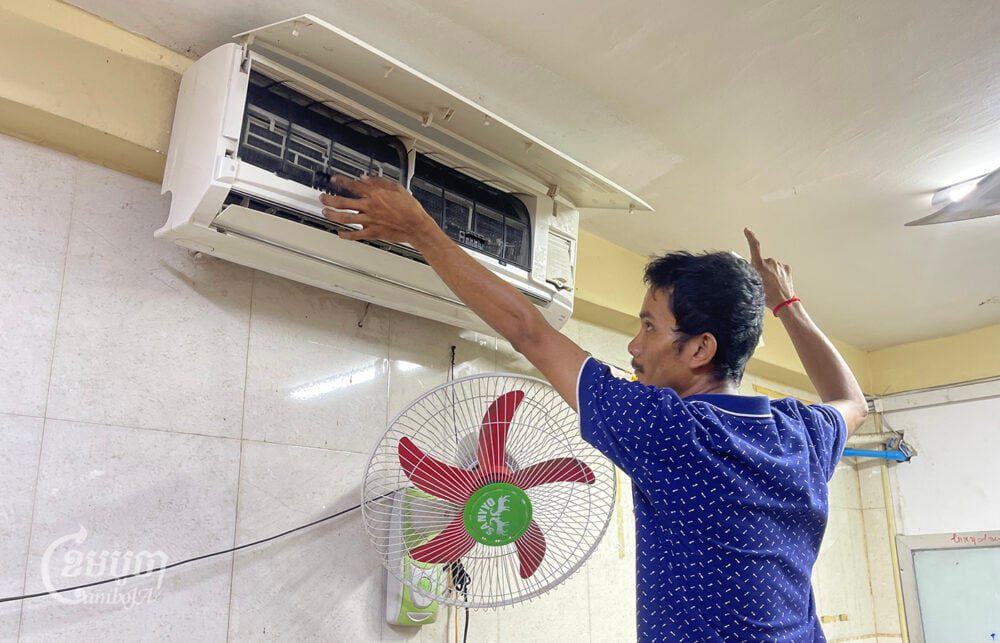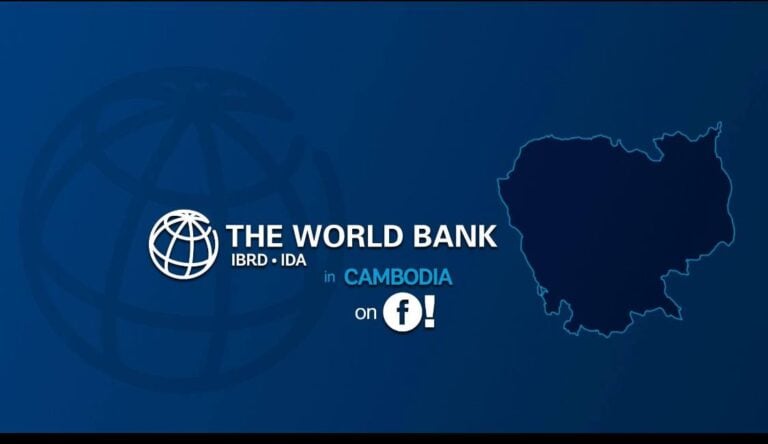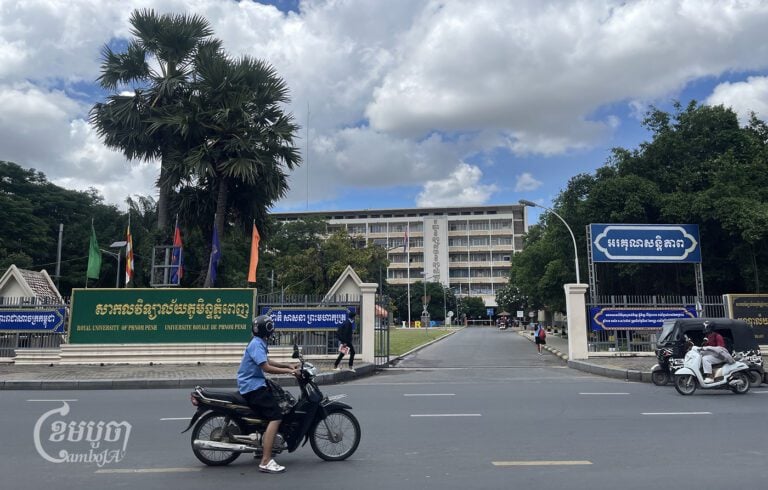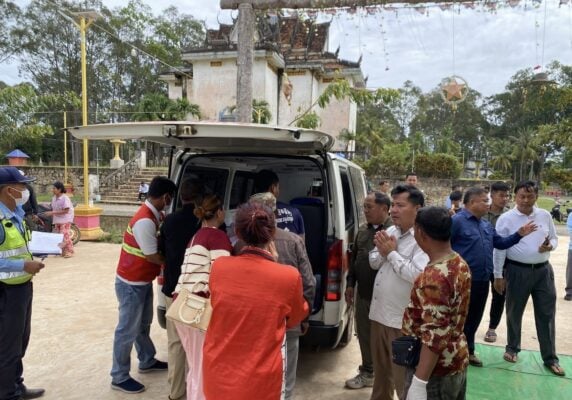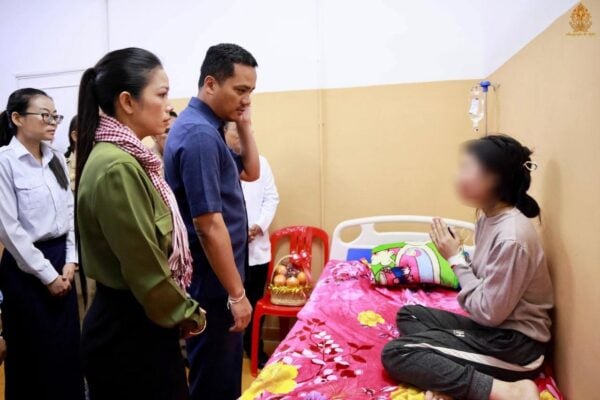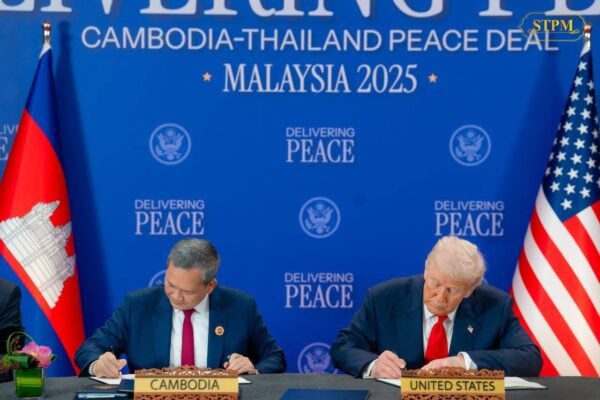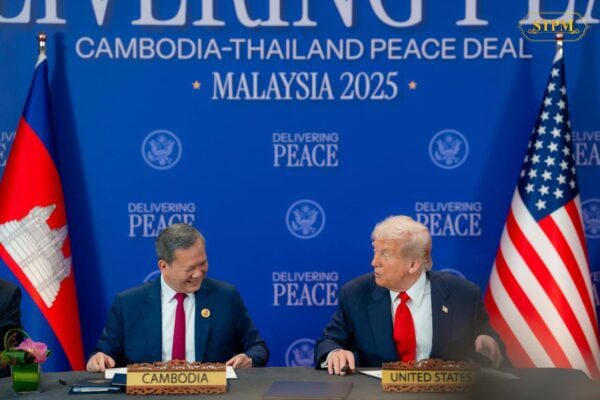The World Bank approved a $40 million U.S credit that will train 33,000 Cambodians to enhance their skills and improve opportunities in the labor market. The credit from the World Bank’s International Development Association aims to raise the quality of job-related skills in the workforce, and increase the employability and earnings of workers, according to a statement on Friday.
It said Cambodia’s economy and employment has grown rapidly in recent decades as macroeconomic stability, openness to trade, and preferential access to Western markets helped the country attract overseas involvement.
However, the quality of jobs is low – 89% of jobs in the country are low skilled and a large share are informal.
The five-year skills for better jobs project will be implemented by the Labor and Vocational Training Ministry and Skill Development Fund. The project is designed to help Cambodia’s economy diversify into sectors that require more medium-skill occupation.
World Bank’s external affairs officer Bou Saroeun said the project funding will address over 30,000 Cambodian people who will receive suitable skills as desired by employers, including incomes of employees.
“This fund will [aid] the implementation of the programs to strengthen training to improve skill for better jobs and high salary accordingly. If we work without skills our salary will follow a low salary [scale],” he said.
“When we have high skills, our production will also increase, and [we] will receive more salary,” Saroeun told CamboJA News, adding that this project will also improve the promotion of the labor market information system.
Independent Democratic of Informal Economic Association (IDEA) president Vorn Pao said if the ministry uses the funds effectively, it will benefit informal economic sectors where their “skill levels are now limited”.
“I think it is a good thing that when they have enough skills, they can expand their business and gain more income, and reduce the migration of people to neighboring countries,” he said.
In the informal economic sector, small businesses do not receive many opportunities to acquire skills, like food shops, hospitality, and small shop venders.
Thus, he urged the Labor and Vocational Training Ministry to provide training in business management skills, and loans with lower interest rates to people so that they can expand their business.
Technician Bun Pov Vichet, 31, hoped that the World Bank’s fund would improve job technical skills for Cambodian workers.
“Technical skills have helped us a lot to [increase our] livelihood or get more income. As we know, Cambodia lacks technicians,” he said.
“The work [of a technician] is a bit tiring but it can improve household income if we have skills,” Pov Vichet said. “I want to upgrade my technical skill to fix air conditioner circuit boards.”
Pov Vichet already has technical skills in air conditioner repair but hopes to upgrade his skills by learning how to fix circuit boards at the Technical Vocational Education and Training.
He also runs his own business where he installs and services air conditioners, and does electrical work.
Labor ministry spokesperson Kata Orn told CamboJA that the World Bank is a donor for the skills training sector in Cambodia and related work sectors. The project would help build human resources skills for high-skilled jobs.
“This project is part of a training program for 45 skills such as industry, services, agriculture, agro-industry and product processing,” he said, adding that it is being offered at 37 skills training institutions across the country.
Orn said in a year, the ministry produced more than 50,000 skilled people. “Another 1.5 million vocational training programs are underway, where nearly 40,000 students have enrolled. Up to 20,000 are studying and about 4,000 are preparing for tests.”
Every person has the opportunity to participate in the program regardless of their family situation. Whether they are young or from poor and vulnerable families, they are eligible to take part in the vocational training without paying tuition fees. Poor youths are entitled to an allowance of 280,000 riel.
Khun Tharo, program manager at the Center of Alliance of Labor and Human Rights (CENTRAL) said investing in vocational skills to raise a new generation of workers is a good thing.
He added that investing in vocational skills is good, but the most important factor that ensures the working field is better is the “economy, labor market and decent working conditions”.
“We lose a lot of opportunities [to upgrade] the labor force with professional skills because many young people migrate due to low wages and poor working conditions, and the social security system in Cambodia is not strong yet,” Tharo mentioned.
However, cultivating professional skills alone is not enough. It is only the foundation of building a skilled workforce with the potential of integrating it into the labor market. “The important thing is attracting investment to drive export growth,” he said.

